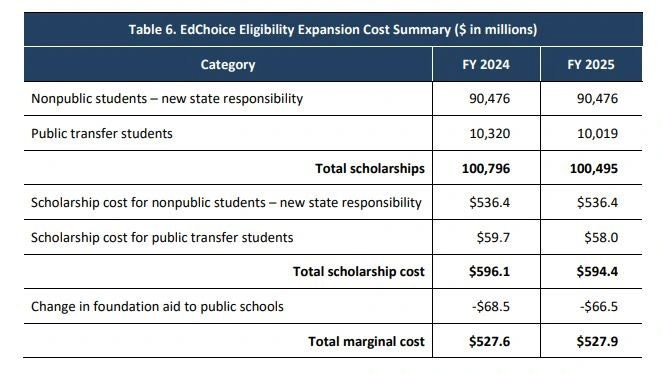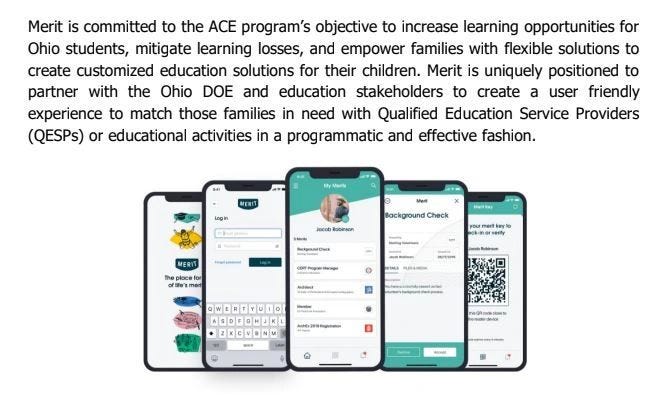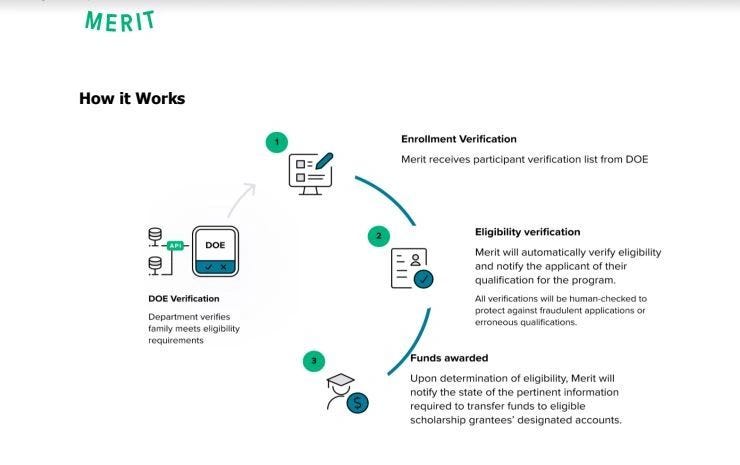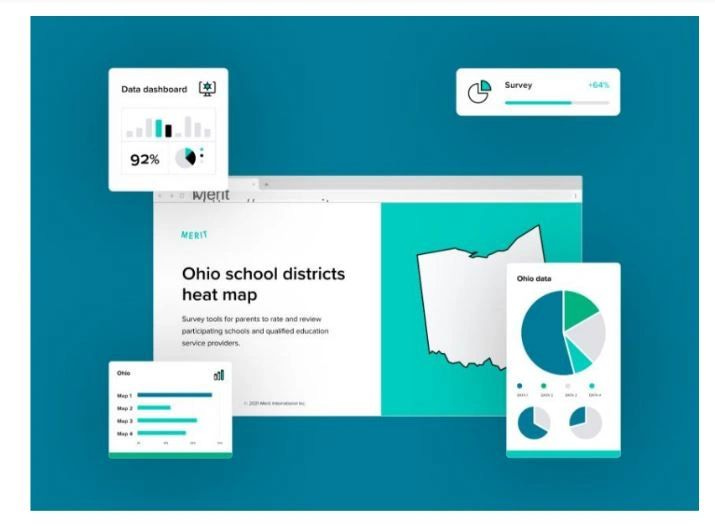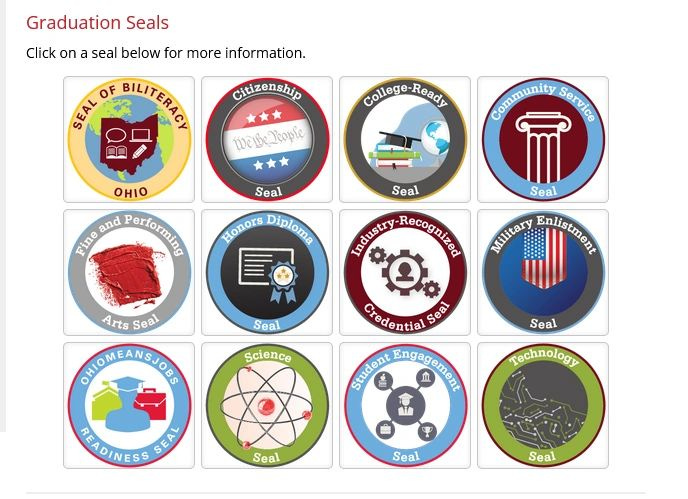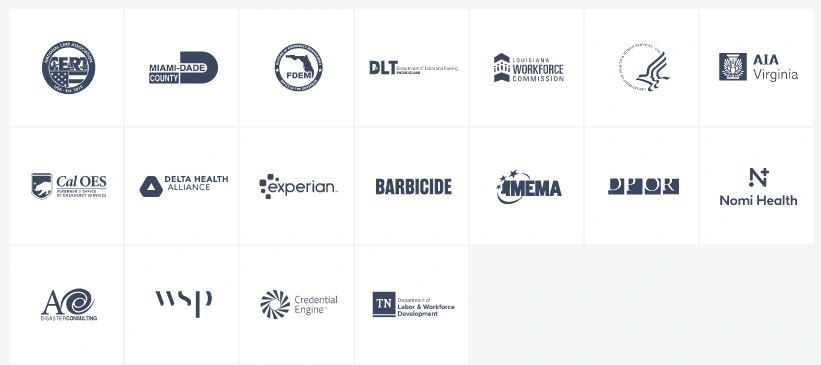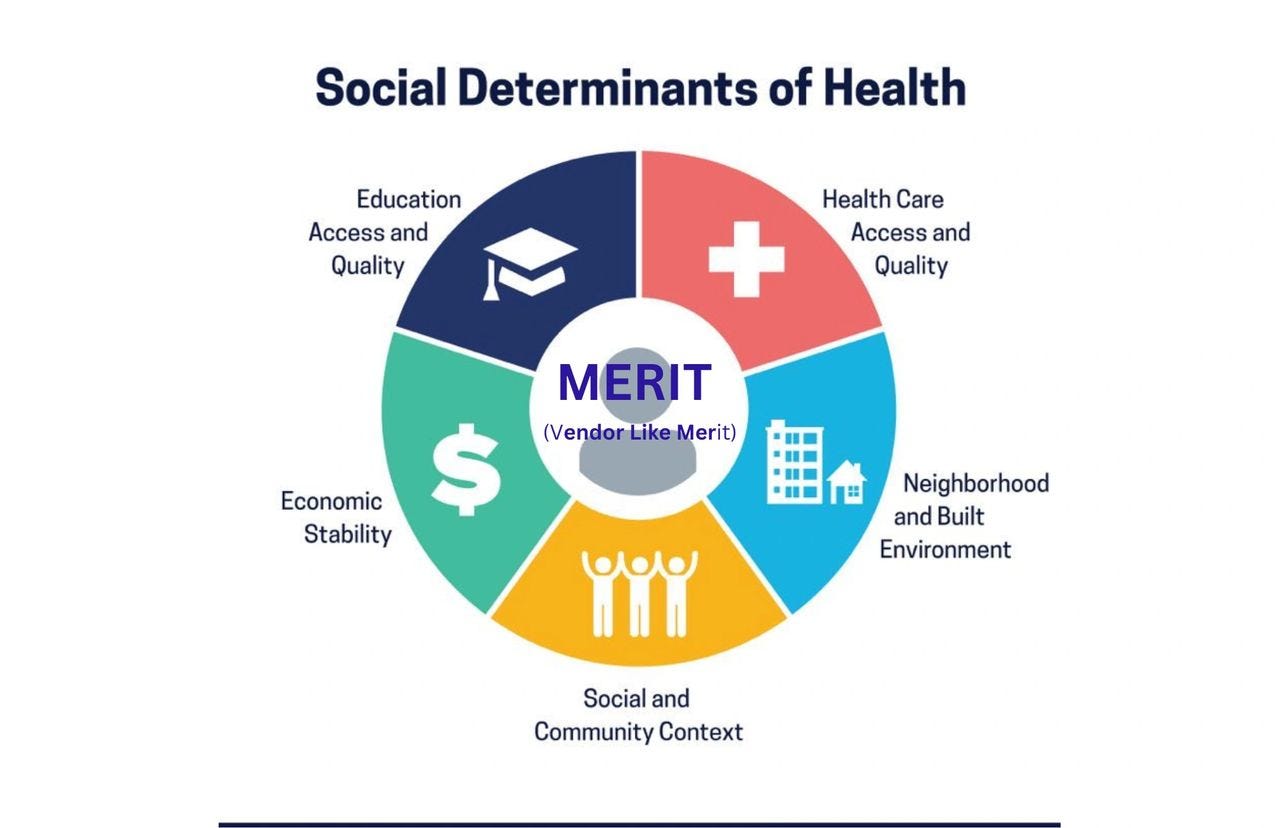Expanding School Choice: Phase In Approach
School Choice and the Bigger Picture - Globalization of Education
Today on Mean Street News we begin to discuss how House Bill Eleven, known as the "Backpack" Bill is missing from the state budget. Honestly the bill would be hard to miss with the price tag of $1.16 billion dollars.
House Representative Jon Cross clapped back at American's for Prosperity in the Finance Committee Hearing regarding the operating budget bill, this week. Cross was adamant on the need to fix the broken schools not just fund students to leave the public sector.
House Bill Eleven is known as the new "Backpack" Bill, this bill establishes Educational Saving Accounts. These accounts allow parents to choose where their student is educated by funding each student. Students in grades K-12 would be eligible for a Educational Savings Account. The Treasurer of State would be responsible for all administrative responsibilities and choosing a vendor for the Educational Savings Accounts. HB11 would allow non public schools to participate in the program if the following criteria are met:
Notify the Treasurer of State annually that the school will participate.
Follow certain testing requirements.
Report aggregate test results to the Treasurer of State
Agree to not charge any student whose family income is at or below 200% of the federal poverty guidelines tuition in excess of the student’s scholarship amount.
Back in February Governor Dewine made it clear on the Hugh Hewitt radio show that EdChoice eligibility expansion would be in the Budget Bill, SB11, but Ohio was not ready for the Backpack Bill, HB11. Governor Dewine states that we need to pass a balanced budget, but we also need to be able to meet the demand. Governor Dewine goes on to say:
"Frankly, we’ve got to make sure that the supply and demand are somewhat aligned, and we’ve got actual choices for these families to make. So we’re, you know, getting criticized by some people who don’t like school choice. We like school choice. We think it’s a very, very positive thing. The other thing we’ve done in regard to our charter schools, our high-performing charter schools, we started something when I became governor, and that is additional funding for high-quality charter schools. And this is in response to requests from business leaders in some of our major cities who say look, we want to attract high-quality charter schools here, or we want to expand the charter schools that we already have, but you’re not paying enough money".
Hugh Hewitt goes on to argue that it is great to expand EdChoice Scholarships, but you are still missing a demographic of people that do not fall within 400% federal income poverty level requirement that those families above this level who want school choice that he is just ignoring.
Hugh Hewitt mentions that we currently have a supermajority and asks, " …a supermajority. You can do whatever you want. If the legislature sends you backpack funding that’s universal, would you sign it?" Dewine responds:
"Hugh, Hugh, if we could afford it this year, we would do it. I’m just going to tell you
something again, each bill, if you look at Ohio, you know, we’re very open. We’re honest.
We’re saying this is what we’re doing. If you look at what other states are doing, that’s
great. They passed, they’ve passed a backpack, and they’re phasing it in. So we are, you
know, we are ahead of many of those states that you’re giving credit for, for a backpack.
We’re already ahead of them, and we’re moving further ahead with this budget".
This response from Governor Dewine in February is what led us to believe the Backpack Bill was not being funded this year. Based on this interview Dewine wanted to phase in this bill like Iowa. Instead the EdChoice Scholarship Program is being expanded under Senate Bill 11, titled the "Parent Educational Freedom Act.
Senate Bill 11 will expand the income threshold while allowing charter schools to now participate in the EdChoice Scholarship for the first time this year. House Bill 33, which is the Operating Budget Bill, the EdChoice Scholarship expansion is seen, stating.
"The bill increases from at or below 250% to 400% of the federal poverty level (FPL)
income eligibility threshold that a recipient’s family must meet to qualify for an
Educational Choice Expansion Scholarship."
Cost of Senate Bill 11 the Parent Educational Freedom Act is as follows:
Clearly Senate Bill 11 cost is significantly lower than House Bill Elevens $1.16 billion price tag. We do not believe House Bill 11 is gone forever, it did not make it on this budget bill. ,however; House Bill 11 is the legislation that will be used to eventually phase in universal School Choice.
We hold this belief because while interviewing Governor Dewine and Hugh Hewett starts going in on Dewine about other states passing universal school choice.
Iowa is phasing in Educational Savings Accounts, it is reported, "The law will phase in over three years and eventually allow all Iowa families to use up to $7,598 a year in an "education savings account" for private school tuition". Year one will focus on those whose income is under the 300% federal poverty level, year two makes those whose income is under the 400% federal poverty level, and year three will allow remaining K-12 education. Iowa's year two is the same SB11, the EdChoice Expansion Scholarship in Ohio.
Did you know Educational Saving Accounts currently exist in Ohio under the ACE program? The Ohio Afterschool Child Enrichment (ACE) program established Educational Savings Accounts in 2021 under the previous budget bill HB110 in the 134th General Assembly. Well now you know!
Is it a coincidence that the accounts are being launched for a $1000.00 scholarship this year, previously $500, for a variety of afterschool & community services? The state might be testing how Educational Savings Accounts would work, similar to a small pilot program, before establishing Educational Savings Accounts to use for School Choice in a bill, like HB11, the Backpack Bill. At least that is our theory.
The vendor administering the ACE program is a Digital Credentialing Company named Merit.. Merits duties under ACE is to create Educational Savings Accounts via their platform/application and disburse funds to eligible parents and Qualified Education Service Providers. But who is Merit?
The Digital ID is coming in through the education system, and here it is. According to Merit, they digitize your verified Identity giving people a way to meaningfully capture and easily access their verified identity, as heard in the video above. They go on to state a person has a declarative identity, which are statements about ourselves and which are taken at face value. A verified identity is statements made by the organization, so then you do not have to take a persons word for their capabilities, you can verify through the digital network and what "merits" a person holds via their Digital ID.
Merit is the administrator for the ACE program now. We believe that contract with Merit will expand the ESA through the EdChoice expanded scholarship program, and will be the vendor when universal school choice is phased in. Where does this digital credential currently fit in Ohio Schools?
Digital Credentials are found in the new readiness requirement that was adopted for Ohio High School graduates starting this year. The Ohio Graduation Requirements state, " Students can meet the readiness requirement by earning two diploma seals. In alignment with their graduation plan, students should be choosing seals that align with their goals and interests. These seals give students the chance to demonstrate academic, technical and professional skills and knowledge that align to their passions, interests and their post-high school pathway".
These diploma seals give the student the digital credentials for college or to enter the workforce based on the type of seal that is awarded.
It is a requirement for each student to obtain at least two diploma seals to qualify for graduation. An example of how the diploma seals are going to be integrated with the digital credential system is illustrated here:
Luciano echoes what Merit states in the video above, "When you have a certification saying your bilingual, that gives the employer proof that you are bilingual rather than just saying you are (declarative identity)". In the future this allows businesses to verify your "seals" or "digital credentials". What is not clearly stated is how the student will be able to access these seals to provide to employers. That is where we believe a vendor just like Merit steps in. Their application will allow immediate authentication of their digital credentials based on the students Digital ID and we theorize that Merit or a vendor matching its capabilities will be responsible for your child's entire educational record, which will be in the form of a digital id system.
Why is this digitalization a problem? Digital ID systems collect massive amounts of personal & private information and share that data with companies and government agencies. These systems threaten our digital and physical security, both from corporate surveillance and policing fueled by data sharing. Merit currently has thousands of partnerships throughout the United States across various business sectors.
Partners of Merit include US Department of Health & Human Services (HHS), State Emergency Management Agencies, Credit Agencies, Financial Agencies, and Education Institutions to create a verified Digital network. We have learned from the Globalization of Education that the Social Determinants of Health are being used to usher in the Digital ID, ESG Scores, and Smart Cities. Social Determinants of Health are defined as economic stability, education access and quality, health care access and quality, neighborhood and built environments, and social and community context. Consider Merit or another vendor like it your social contracted vendor that verifies your identity and merits to be able to access everything you need to be in society from healthcare to educational choices and future work opportunities, even down to being allowed to access the local grocery store.
The Social Credit System is here Ohio!
Check out Season One of Mean Street News, Episode Nine: No Money in the Backpack to listen discussing the Backpack Bill, Educational Savings Accounts, and Merit. Season Two starts this week! Be sure to also listen to Informed Ohio where I am reading the legislation that is before the Ohio House and Senate so you don't have to! You can find the podcasts at www.meanstreetoh.com.
Author: Kathleen Beyer
Katie@meanstreetoh.com






